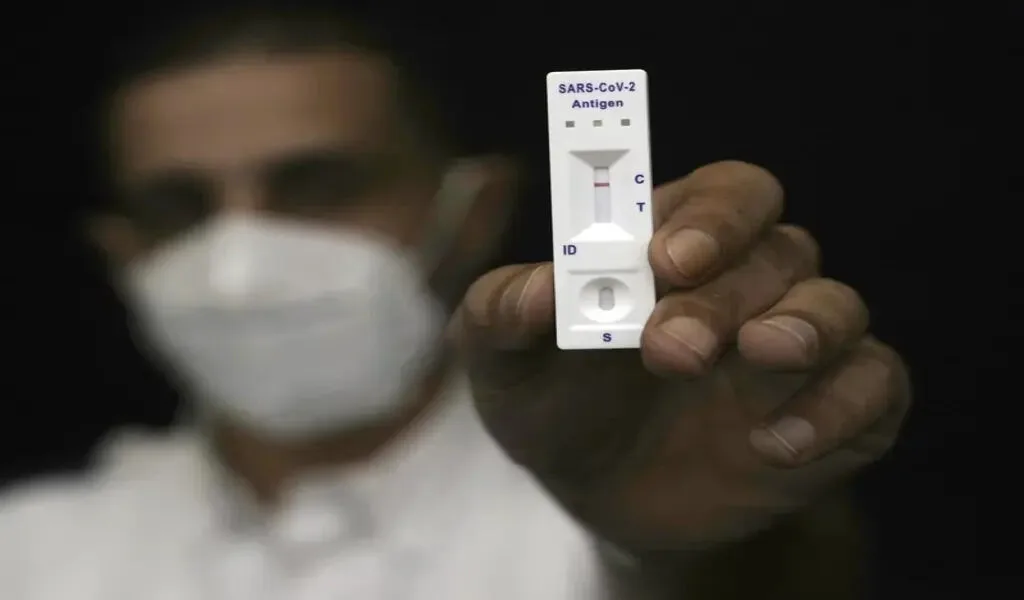(CTN News) – It is becoming less comforting as the COVID-19 pandemic enters its fourth year.
You diligently swab your nostrils before dinner parties, wait for 15 minutes for the all-clear, and then text the host “negative!” before leaving your KN95 mask behind.
It seems like the right thing to do, doesn’t it?
Despite the fact that the virus has mutated and mutated again, the tests at least provide a sense of control as the Greek letters pile up. However, some experts may interpret a negative result too literally.
We should therefore take a look at what those rapid COVID-19 tests can do – and what they cannot.
Are home tests being hampered by the latest version of Omicron?
The majority of the time, the answer is no.
As the virus evolves, scientists have observed changes primarily in its spike protein, which is what the virus uses to attack and enter healthy cells. However, rapid antigen tests are not looking for spike proteins.
According to Dr. Robin Colgrove, a professor at Harvard Medical School and chair of the Diagnostics Committee of the Infectious Diseases Society of America, [the tests] rely on detection of the nucleocapsid protein.
As the virus evolved over the years, the interior protein has not changed much. For the time being, rapid tests are able to detect the disease.
In case the situation changes, federal health agencies will monitor it. As the virus continues to evolve, the Food and Drug Administration is working with the National Institutes of COVID Health to analyze how well at-home tests perform.
As of now, only one test has been identified by the agencies – the Luminostics Inc. test. COVID Rapid Antigen Test – which has been rendered less reliable in the face of new variants. However, the FDA states that “the impact does not appear to be significant.”
How long does it take for an antigen test to show a positive result?
Despite having known COVID-19 exposure and the telltale symptoms, some people report negative antigen test results for days. In the end, they test positive, although sometimes it can take up to a week for them to do so.
According to Colgrove, the phenomenon is somewhat mysterious. So far, doctors have only reported anecdotes about the phenomenon.
His explanation is that it would be difficult to study that question if you had to do an experiment.
Several factors may contribute to the perception that home tests are taking longer to register a positive result, such as the virus multiplying faster somewhere other than the nostrils in some patients, explains Dr. Geoffrey Baird, chair of the Department of Laboratory Medicine and Pathology at the University of Washington School of Medicine.
The biggest factor, however, is human error, according to Baird. People who take COVID-19 tests at home make mistakes and are not trained like those who take them in a lab.
Despite the instructions, some people will stick it in their mouth, he says, explaining that not everyone follows them exactly.
Many people mistakenly assume mucus will contain plenty of viruses, so they get mucus on the swab. It’s actually a smart idea not to get snot on the thing.”
While, on average, people will get a positive antigen test result around the time they become infectious, Baird stresses that there will always be plenty of people on either side of that average: those who COVID test positive much earlier and those who test positive much later.
SEE ALSO:
Rocky Mountain Spotted Fever: Symptoms And Treatments






